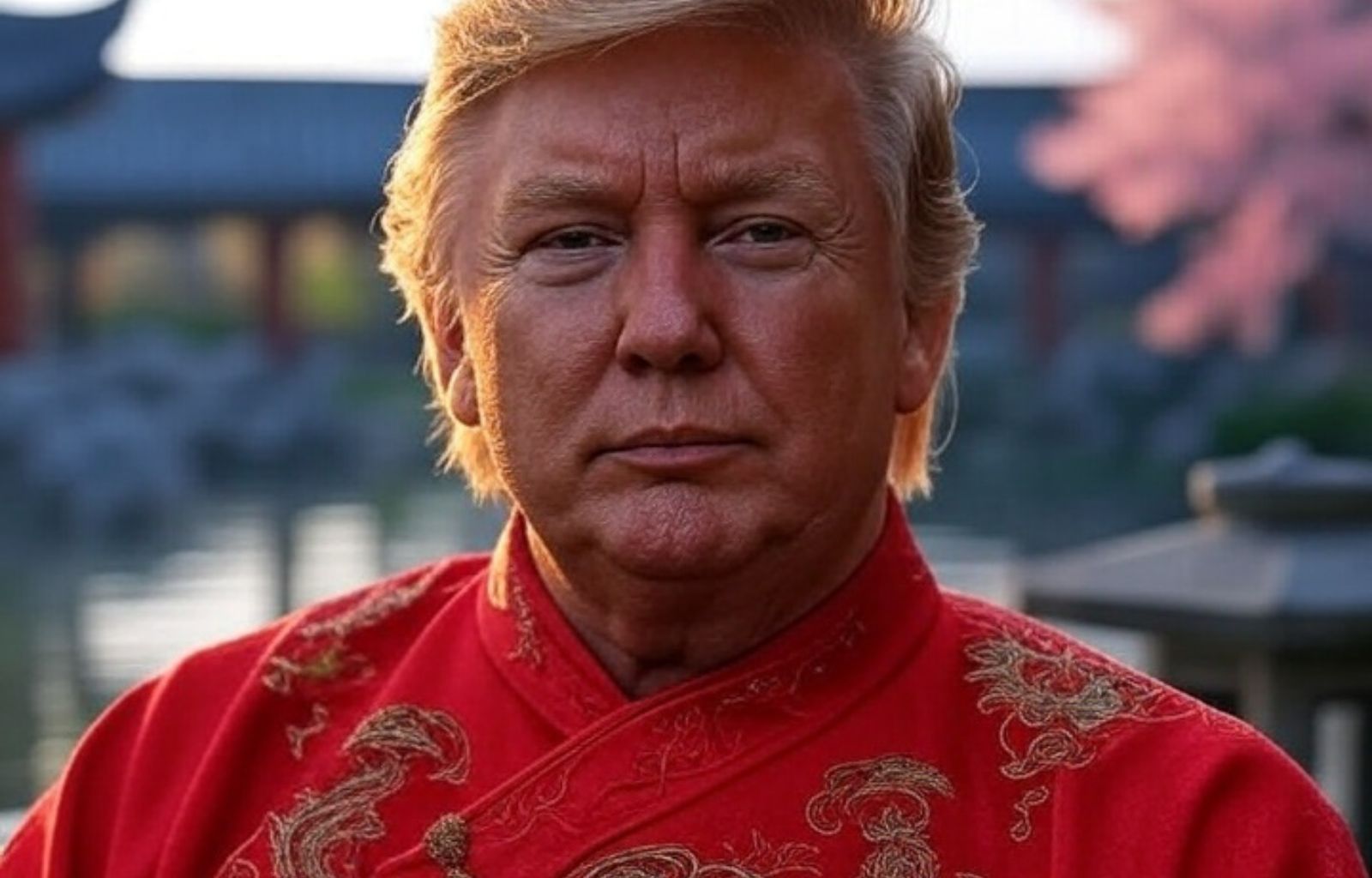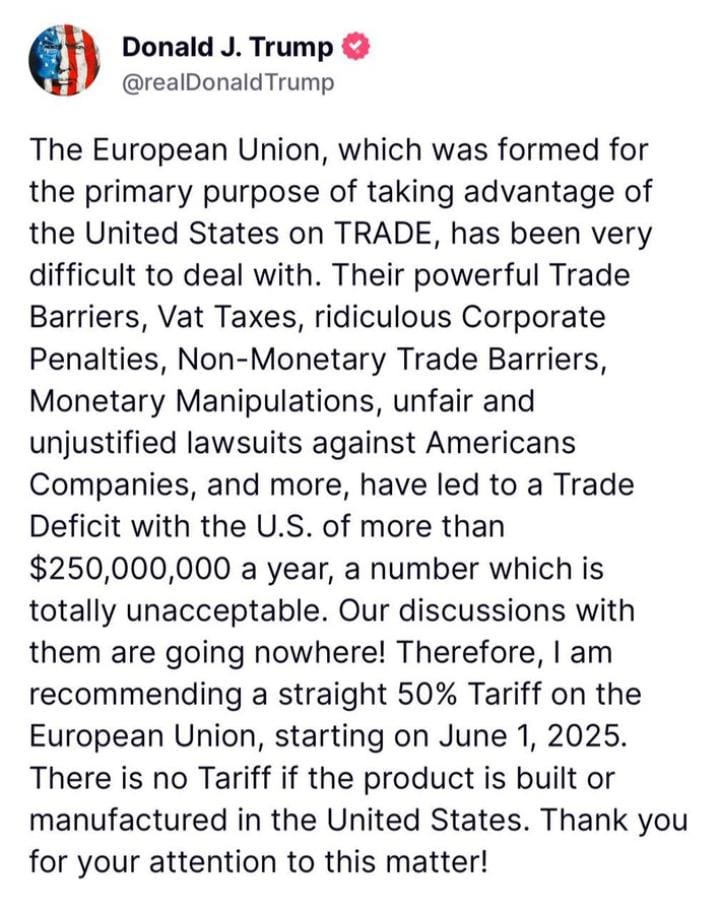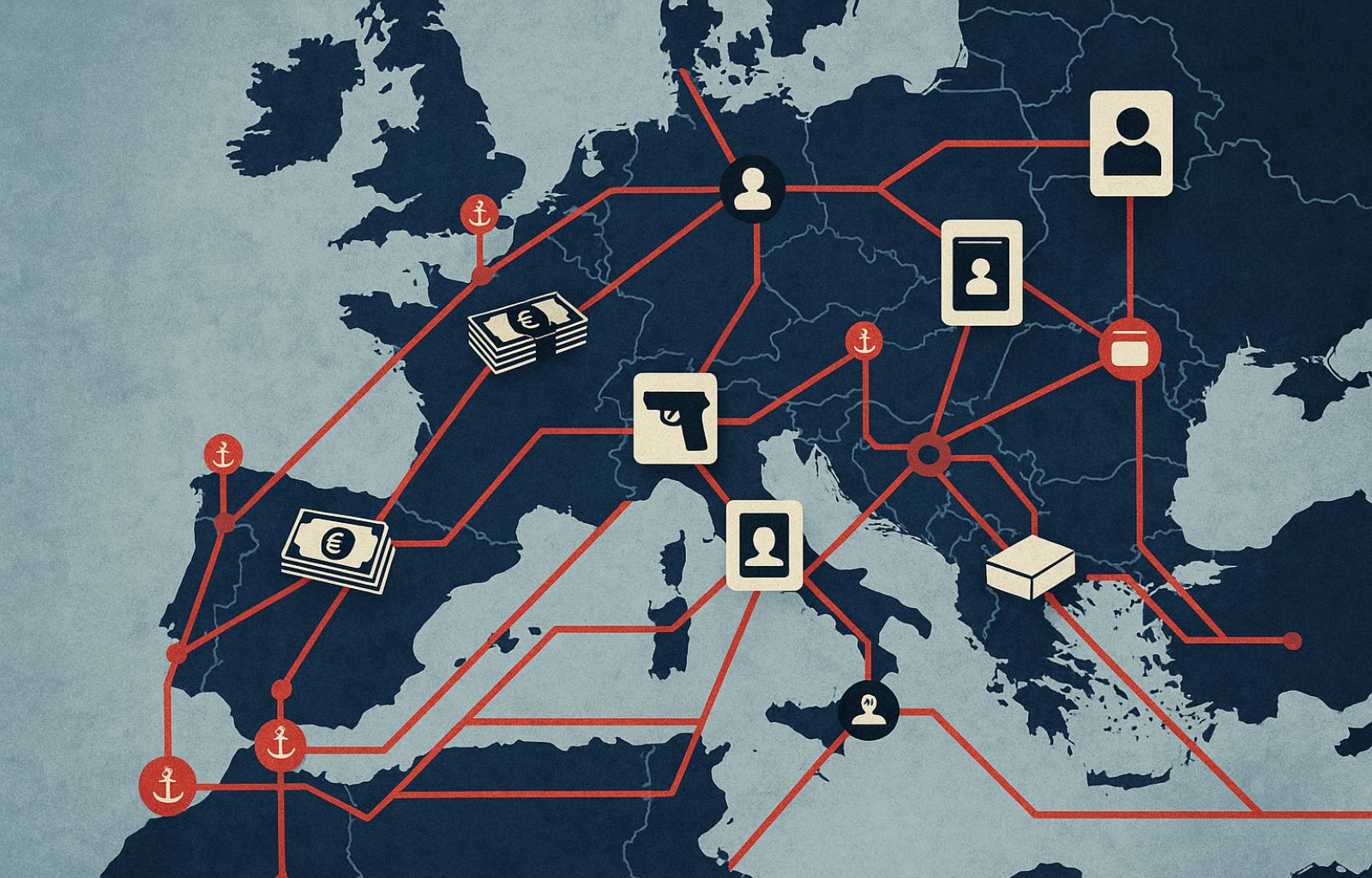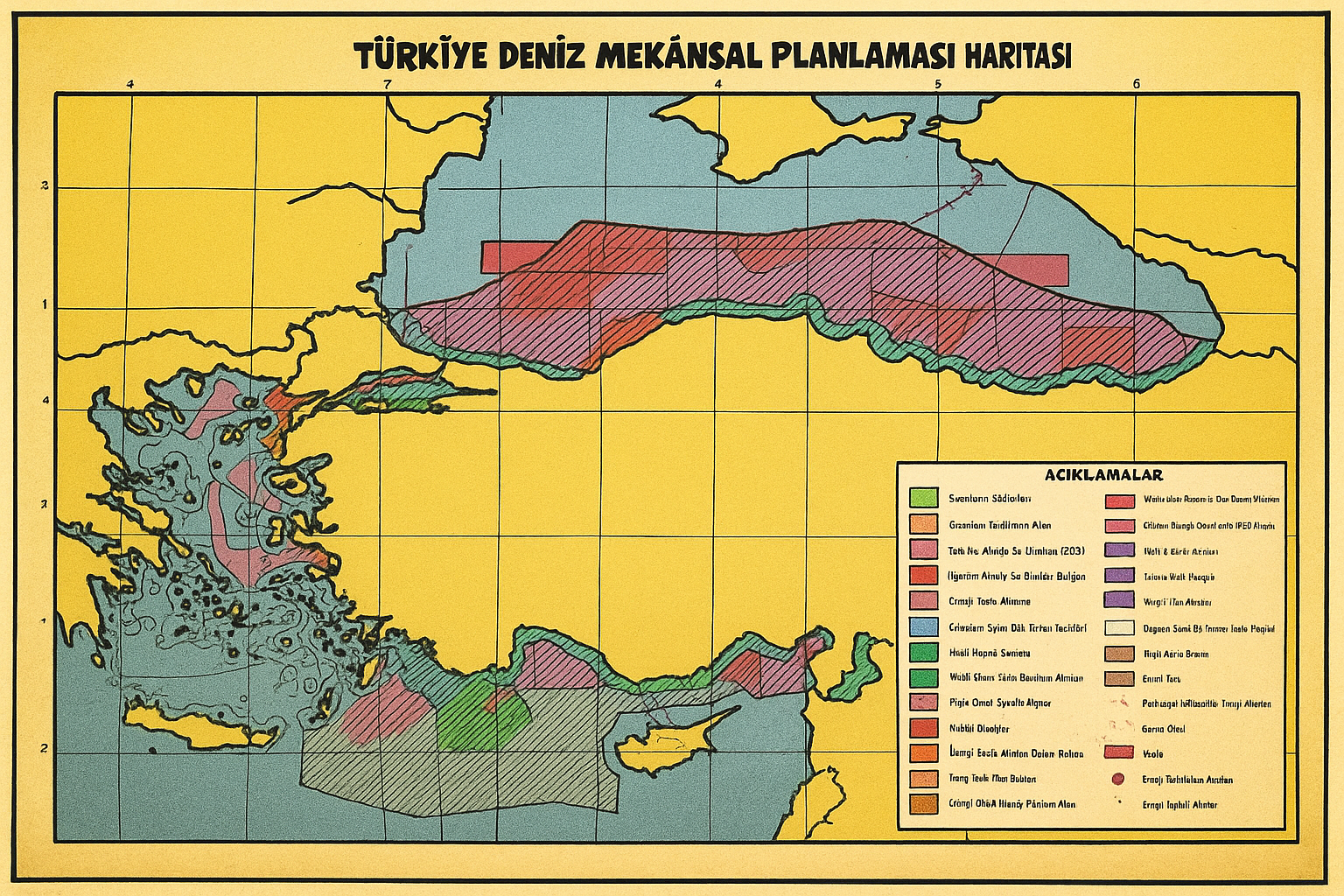50% duties to Europe? Trump is acting as a Russian-Chinese agent


Donald Trump has never loved the European Union. He had said it as a candidate in 2016, he proved it as president, and he reiterates it today, as president back in the White House. In a post on Truth, his social network, Trump recommended imposing direct tariffs of 50% on all European products from 1 June 2025, unless they are manufactured in the United States. The message is simple: ‘if you want to sell in America, you have to produce in America’. The rhetoric is that of trade war, the style is that of retaliation, but the effect would, if implemented, be that of an economic earthquake.
Trump accuses the European Union of being ‘created for the main purpose of benefiting the United States‘. This is a distorting historical and political reading, which ignores seventy years of Atlantic cooperation, of cross-investment, of American companies thriving in Europe and European supplies supporting US industry. But above all, it is a short-sighted reading: to hit Europe with 50% tariffs is to hit the backbone of the Western global market, fuelling a spiral of retaliation that will eventually hurt American consumers and businesses as well.
The damage to Europe – and the boomerang for America
The European Union is the largest trading partner of the United States. The supply chains linking the two sides of the Atlantic are dense, complex, and deeply integrated. Artificially raising the cost of European imports would raise prices for American consumers, hamper innovation, and weaken the competitiveness of US industry. The autarky that Trump dreams of is not only economically harmful, but also technically impossible: no nation can prosper in the 21st century by shutting itself off from the world.
For Europe, the challenge is twofold: to defend itself against the threat of new tariffs and, at the same time, not to fall into the temptation of mirror protectionism. The mistake to be avoided is to think that Trump represents an American anomaly: if this policy were to pass without a firm and strategic response, the entire commercial architecture of the West would risk collapsing under the weight of identity fears and industrial nostalgia.

An economic disarmament of the West
The stakes are higher than they seem: this is not just about trade, but geopolitical leadership. At a time when China is strengthening its global influence and Russia is questioning the basic rules of the international order, the West should unite around shared principles, starting with economic freedom and respect for multilateral rules. Instead, Trumpian America presents itself as a destroyer of bridges, more interested in isolating itself than leading.
The paradox is obvious: in the name of ‘America First’, Trump risks making America weaker, more isolated, poorer. And in doing so, he puts the cohesion of the entire West at risk. He is acting, consciously or unconsciously, as an enabler of Russian and Chinese interests, weakening from within that transatlantic alliance that Moscow and Beijing have long dreamed of dividing.
Should this strategy prevail, there would be no winners. Only a lonelier Europe, a more closed America, and a less free world.











